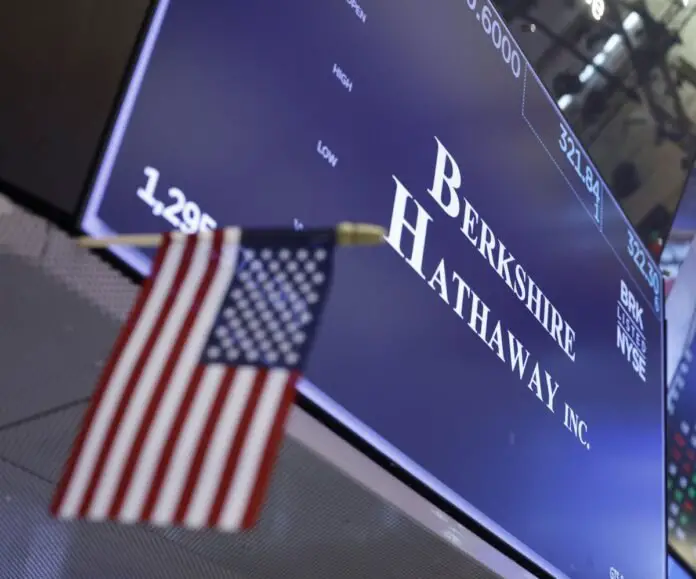Staff Reporter
As much of the U.S. stock market faces challenges in 2025, Berkshire Hathaway (NYSE: BRK.A) (NYSE: BRK.B) is moving in the opposite direction, showing a robust 12% increase year-to-date as of April 22.
Among the seven American companies with market capitalizations exceeding a trillion dollars, Berkshire is the only one to post gains this year.
Under the leadership of Warren Buffett, who has guided the company since 1965 through various market cycles, Berkshire Hathaway’s performance remains strong despite broader market struggles.
Investors are now weighing whether it’s still a good time to buy or if they’ve missed their chance. Fortunately, there are many positive indicators for the company.
Insurance Business Thrives
While Berkshire Hathaway’s investment portfolio garners significant attention, its insurance operations—including GEICO, Berkshire Hathaway Reinsurance Group, and Berkshire Hathaway Primary Group—are thriving.
In 2024, the insurance sector generated $88.7 billion in premiums, up from $85.4 billion in 2023. This steady stream of income aligns well with the company’s strategy of prioritizing cash-generating enterprises.
Berkshire’s insurance operations also provide a strategic advantage through their float—funds collected from premiums that haven’t yet been paid out in claims.
Currently, this float amounts to a substantial $171 billion, representing low-cost capital for further investments.
Passive Income Powerhouse
More than half of the companies in Berkshire Hathaway’s investment portfolio pay dividends, generating significant returns with minimal effort. In 2025, the company is expected to receive around $6 billion in dividends, surpassing IBM’s profits from 2024.
Notably, from just its investments in Coca-Cola and Bank of America, Berkshire Hathaway will collect over $450 million in dividends during the next payout cycle. This consistent income stream solidifies Berkshire as a powerhouse in passive revenue generation.
Buybacks Over Dividends
Despite its impressive cash reserves—over $334 billion at the end of 2024—Berkshire Hathaway does not distribute dividends like many of its peers. Instead, the company focuses on stock buybacks, which enhance shareholders’ ownership stakes without needing to boost profits, even though it has successfully done so.
In 2024, Berkshire spent $2.9 billion repurchasing shares, slightly below its five-year average but still a significant amount. Buffett and his management team typically buy back shares when they believe the stock is undervalued, which may explain last year’s lower buyback figures. However, this should not be interpreted as a negative trend moving forward.
Berkshire Hathaway remains well-positioned for long-term value creation, backed by a strong balance sheet, substantial cash flow, and a diverse portfolio of high-quality businesses.
The Services and the Content are provided to you solely for your general informational purposes, and should not be considered as legal, tax, accounting, financial or investment advice.You are solely responsible for determining whether any investment is suitable for you, considering your investment objectives, risk tolerance and personal financial situation. It is also your responsibility to evaluate the merits and risks of using the information provided on this site before making any decisions.

